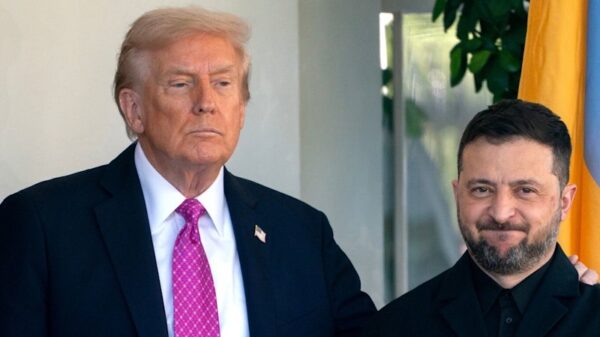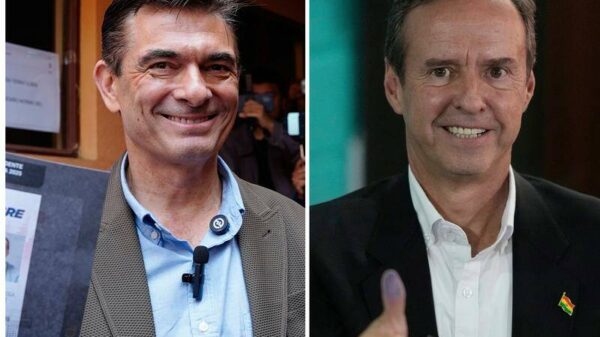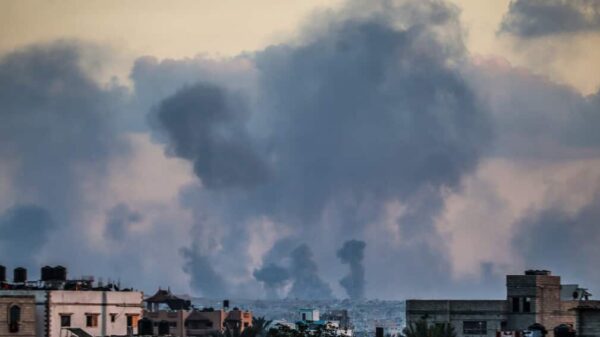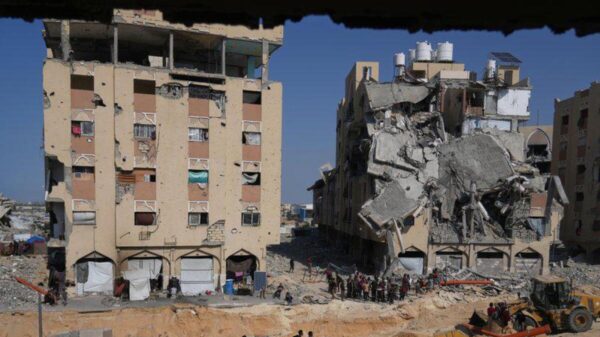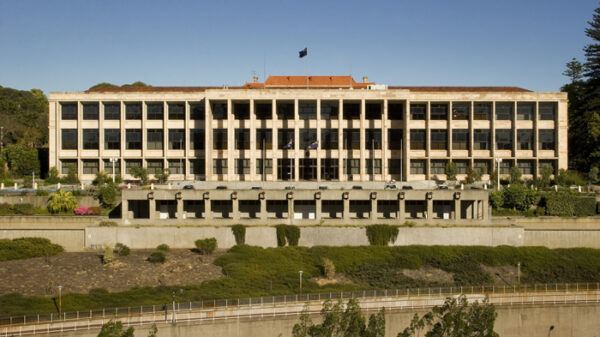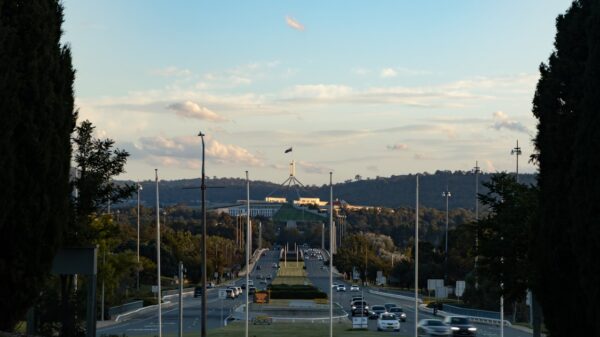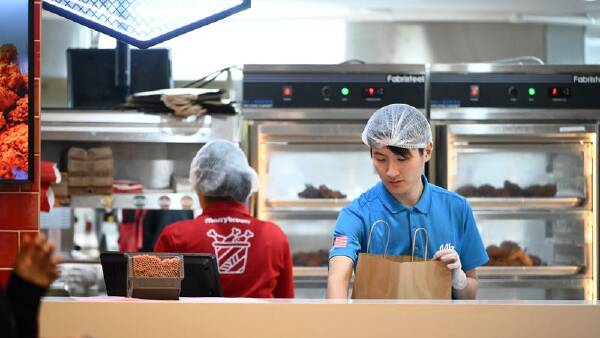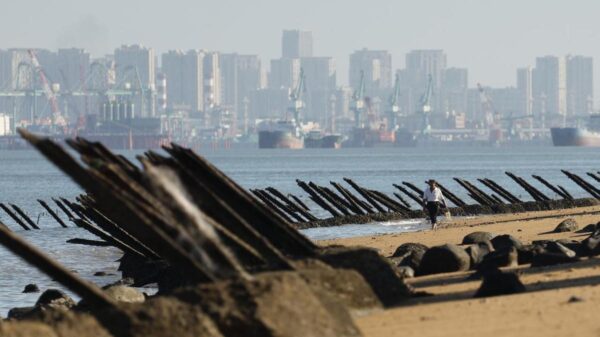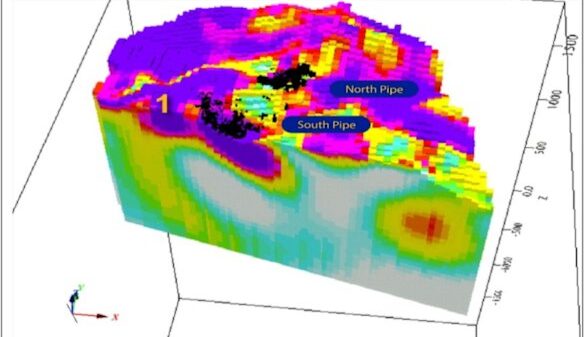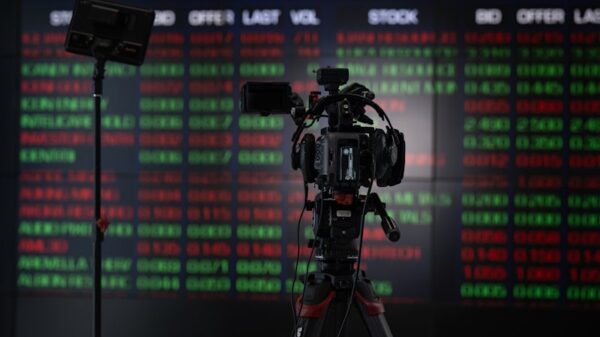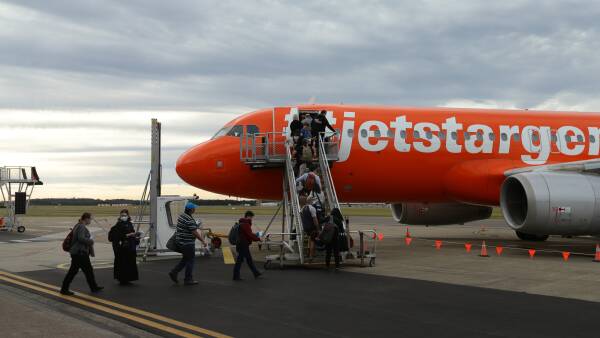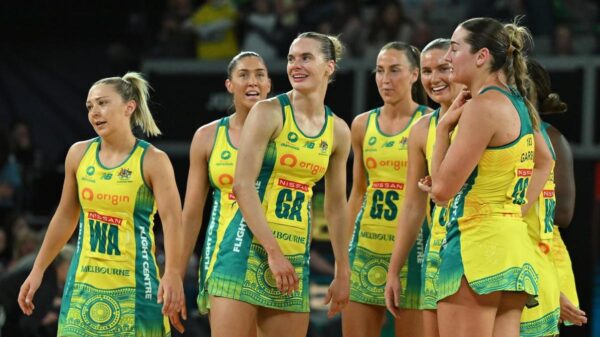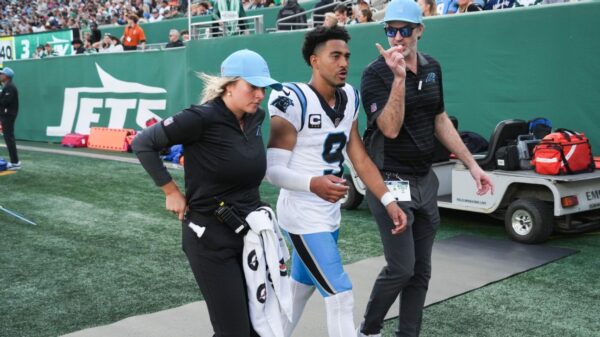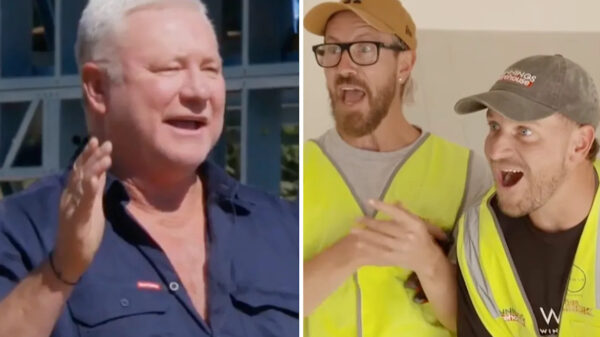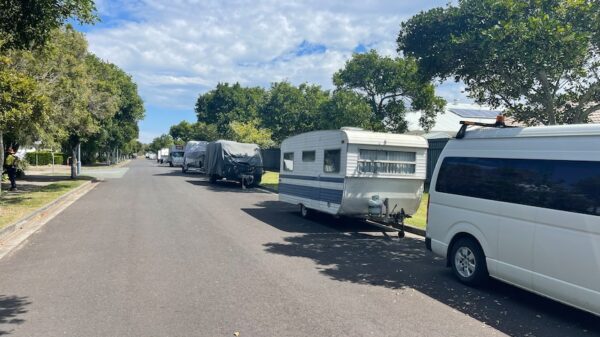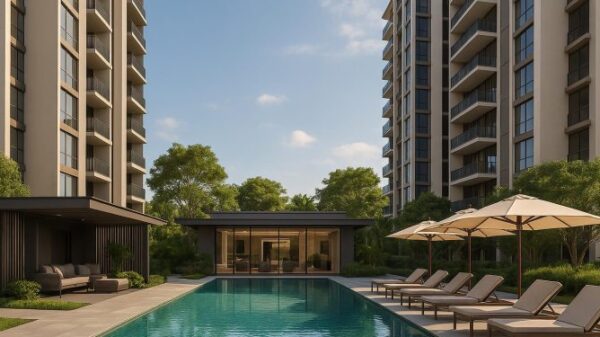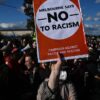The recent Bolivian presidential election is set to reshape the country’s natural gas sector and its commercial ties with Argentina and Brazil. Following a historic defeat for the leftwing Movimiento al Socialismo (MAS), the two leading candidates, former president Jorge Quiroga and Senator Rodrigo Paz, are now tasked with addressing the urgent challenge of declining gas production. The first round of voting occurred on 17 August 2024, in which MAS nominee Eduardo del Castillo garnered only about 3% of the votes. Quiroga received 27%, while Paz led with 32%. A runoff is scheduled for 19 October 2024, marking a significant shift in Bolivian energy policy.
The decline in Bolivia’s natural gas production since 2014 poses a threat to its status as a major exporter. Once a robust sector, Bolivia’s gas output risks turning the nation into a net importer within the next decade. In 2014, gas exports constituted 46.5% of Bolivia’s total exports, amounting to $6.01 billion from a total of $12.90 billion. By 2024, this figure dropped to 18.1%, translating to $1.61 billion out of $8.92 billion. This downward trend highlights the urgency for Quiroga and Paz to implement strategies to boost production and maintain Bolivia’s export capabilities.
Both candidates recognize the pressing need to enhance gas output, albeit through different methods. Quiroga proposes subsidies for producers to stimulate production, while Paz advocates for a combination of legal and fiscal incentives, suggesting a reduction in subsidies. As Argentina has notably decreased its imports from Bolivia due to increased production from its own Vaca Muerta field, Brazil is emerging as a more viable target market for Bolivian gas exports.
Investment in renewable energy is another focal point for Quiroga. He acknowledges that around 70% of Bolivia’s electricity generation relies on thermoelectric plants, which are predominantly fueled by natural gas. By integrating alternative energy sources, Quiroga aims to reduce domestic gas consumption, thereby increasing the volume available for export. Historically, domestic power demand has accounted for 40% to 50% of Bolivia’s overall gas usage.
Both candidates also propose reducing domestic gas prices, currently set significantly lower than export prices. For instance, Bolivia sells gas to Petrobras in Brazil at prices ranging from $6 to $7 per MMBtu, while domestic prices fluctuate between $1.0 and $1.4 per MMBtu. This discrepancy has implications for export strategies as both Quiroga and Paz aim to enhance natural gas exports to Brazil and Argentina while reforming the legal framework to attract foreign investment.
The potential to revitalize Bolivia’s gas sector depends heavily on foreign capital, particularly for upstream investments which take time to develop. Recognizing that domestic companies alone cannot boost production, both candidates are focused on creating an environment conducive to attracting foreign firms to explore and develop Bolivia’s energy reserves.
The implications of increased Bolivian gas production extend beyond its borders. For Argentina, the surplus from Vaca Muerta necessitates finding new export markets, with Bolivia offering a potentially stable alternative. For Brazil, a surge in Bolivian gas availability would bolster supply security through the Bolivia-Brazil pipeline, managed by Transportadora Brasileira Gasoduto Bolivia-Brasil (TBG). Planned investments by TBG and Nova Transportadora do Sudeste aim to enhance pipeline infrastructure, allowing for greater capacity and efficiency in transporting gas.
As Bolivia stands at a crossroads in its energy policy, the outcome of the upcoming runoff election will be pivotal in shaping the future of its gas industry and its relationships with neighboring countries. The success of either candidate’s proposals could fundamentally alter the dynamics of the regional gas market, providing new opportunities for Bolivia while also influencing energy security in Argentina and Brazil.






